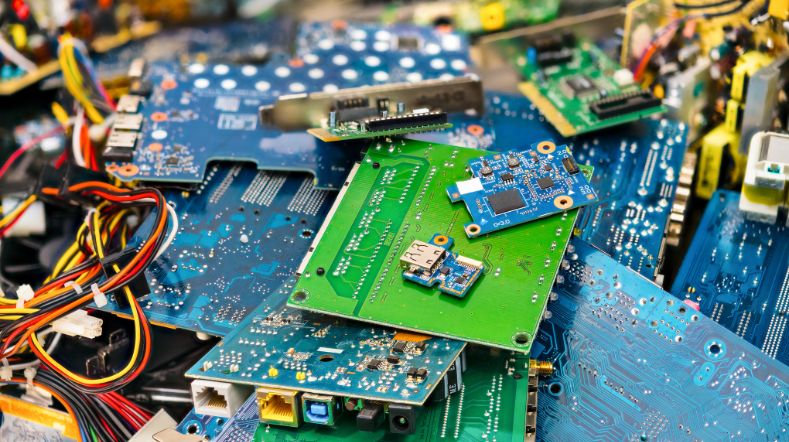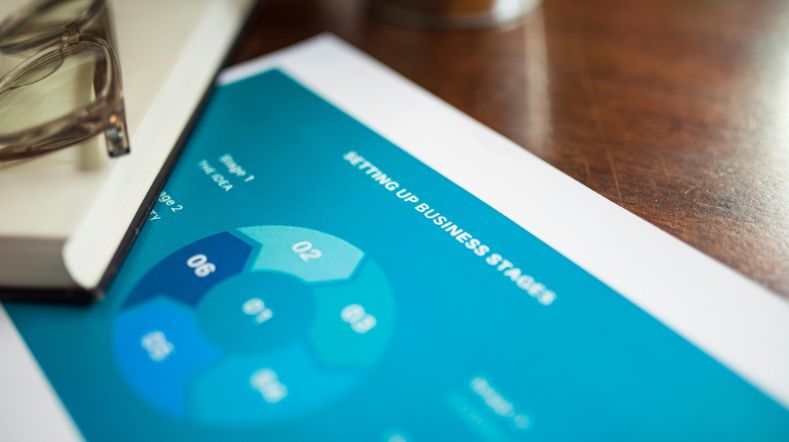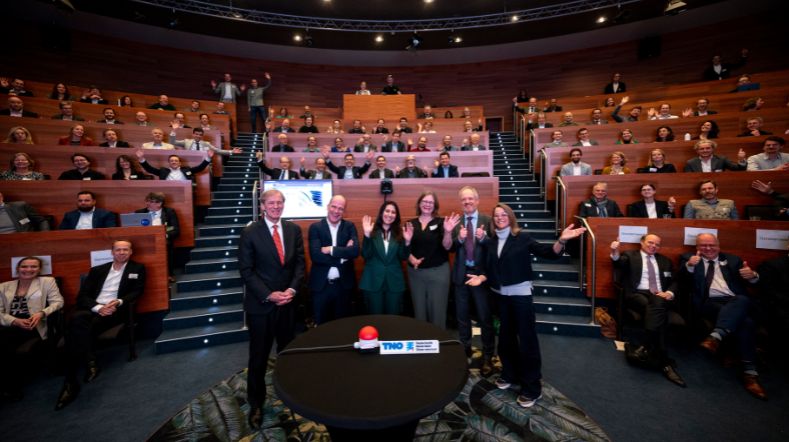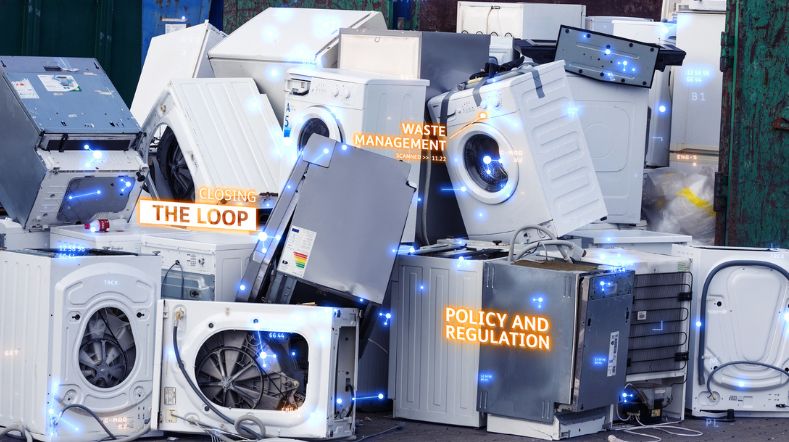
Recovering critical raw materials from LFP batteries
LFP (Lithium Iron Phosphate) batteries are increasingly used in electric cars due to their safety, longer lifespan, and lower costs. However, recycling these batteries is a challenge due to the relatively inexpensive raw materials. Therefore, SusPhos and TNO are developing a sustainable and economically viable recycling process to recover critical materials such as lithium and phosphate from these batteries. This project contributes to European goals for a circular economy and reduces dependence on critical materials.
Recycling batteries of strategic importance
The market share of batteries in electric vehicles has doubled in the last five years to over 40%, driven by a sharp increase in electric vehicle sales, especially in the United States and Europe. The number of electric cars is expected to increase more than fourfold by 2030, further boosting the demand for batteries.
This is expected to lead to a massive waste stream, making the recycling of critical materials from LFP batteries crucial. The widely used LFP batteries in electric cars contain critical and strategic materials (lithium, phosphorus, aluminium, and copper). These materials are of strategic importance for the Netherlands and Europe due to raw material scarcity. Recently, LFP batteries have even become part of the trade war between the US and China, further highlighting their strategic value.
Economically viable recycling process for inexpensive raw materials
TNO and SusPhos B.V. (Sustainable Phosphate) have partnered within the TKI (Top Consortium for Knowledge and Innovation) programme 'Green Chemistry and Circularity' to establish an economically viable recycling process.
This is necessary due to the relatively inexpensive raw materials in such a battery. To address this, SusPhos and TNO are combining their knowledge by integrating SusPhos's technology to recover and valorise phosphates from wastewater streams with TNO's sustainable technology to recover metals from (electronic) waste streams. This results in a more circular process with less waste and a significant increase in economic viability.
Contribution to European goals
With sustainable recycling of critical materials, this project contributes to the European CRM Act, the battery regulation (70% Li recycling by 2030), and the goals for the circular economy by 2050.
Do you also want to contribute to a more sustainable future and reduce dependence on critical materials? Contact us and learn more about the innovative recycling technologies.
Get inspired
Urban mining crucial: more critical and strategic materials from electronics and electrical devices


Prospective Life Cycle Assessments for future-proof product design


Netherlands Materials Observatory (NMO) officially opened


Critical raw materials


Circularity of large household appliances in Kenya



